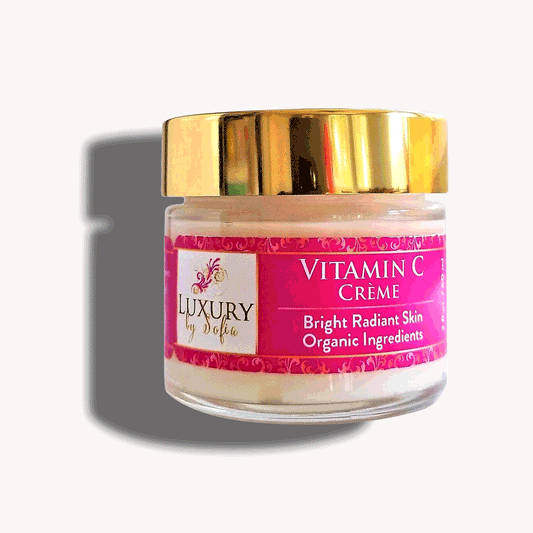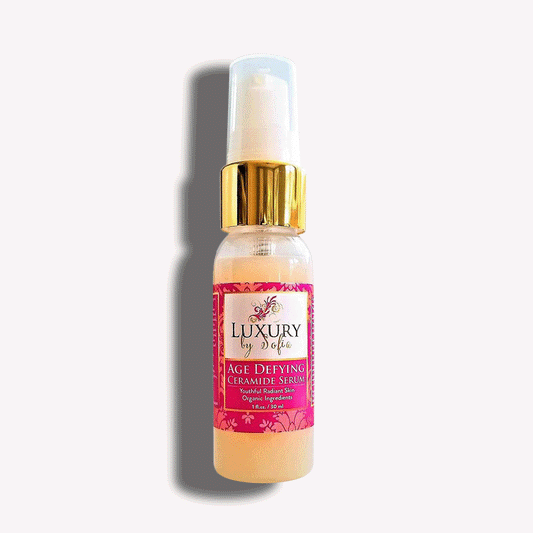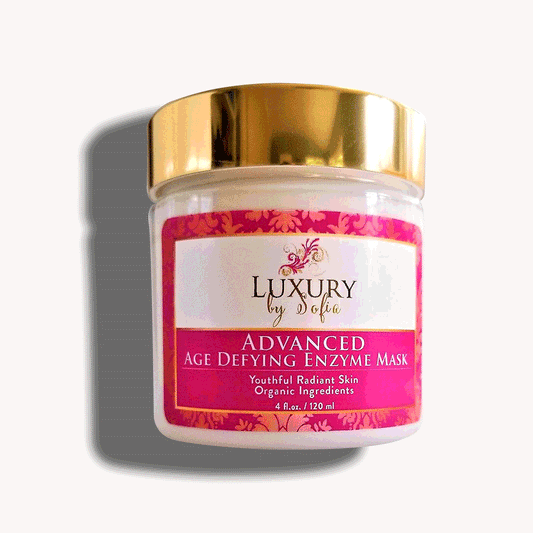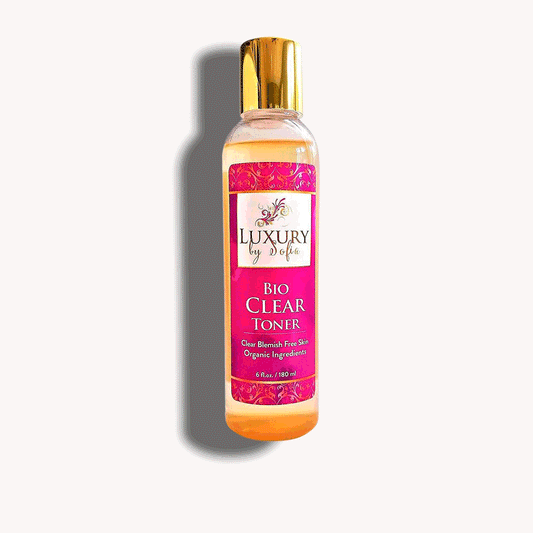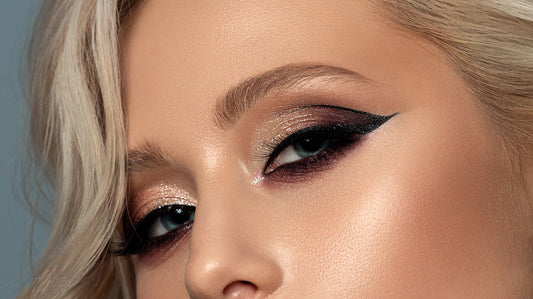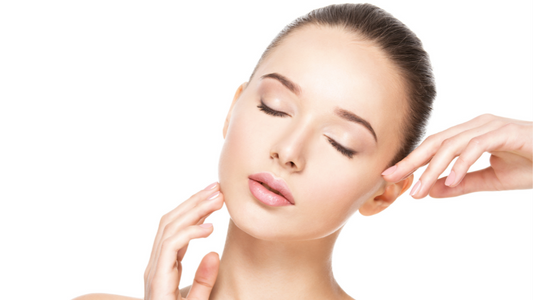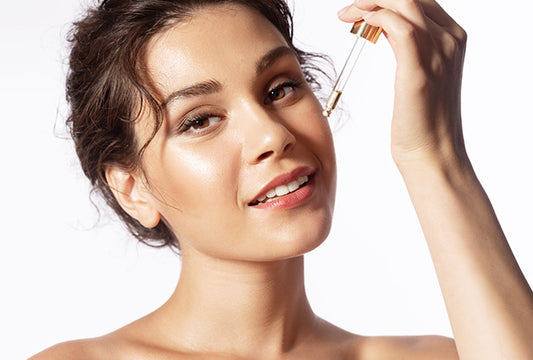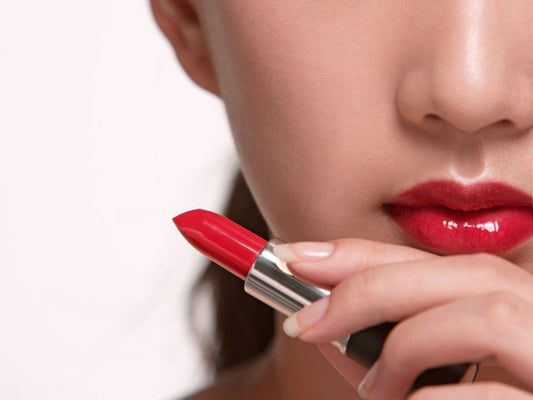
Sunscreen is an integral part of your daily skincare routine.
However, choosing the best sunscreen for you can get complicated as there are many types of sunscreen available and the best fit for you will depend on your skin type and lifestyle. Sunscreens can be classified into 2 main categories – physical and chemical. In this article, we discover what they are and the pros and cons each of them offers.


Physical Sunscreen
Physical sunscreens remain on top of your skin to form a protective barrier that blocks, scatters and reflects UV radiation before they reach your skin. They do so through their formulation of mineral ingredients, such as Zinc Oxide and Titanium Oxide. This type of sunscreen is widely recommended for women with sensitive skin as their ingredients do not penetrate the skin which significantly lowers the risk of a reaction.
Luxury by Sofia’s Organic All Natural Zinc Sunscreen is a physical sunscreen developed with Non-Nano Zinc Oxide that does not seep into your bloodstream. This lightweight stick sunscreen effectively protects your skin against broad spectrum radiation without clogging your pores.
Pros
Protects your skin from the sun the moment it is applied. There is no need to wait for it to take effect before stepping outdoors.
Lasts longer than chemical sunscreens when exposed to UV light.
Less likely to trigger skin irritations as it does not penetrate your skin therefore, it is recommended for women with sensitive skin.
Ideal for women with rosacea or skin that is prone to redness and flushing. Physical sunscreens reflect sunlight instead of converting it into heat.
Less likely to congest pores.
Has a longer shelf life than chemical sunscreens.
Cons
Wears off more easily when you engage in physical activity that induces perspiration. It needs to be reapplied more often.
Some formulations may leave a white cast on your skin. However, with the advancement of skincare technology, most physical sunscreens these days do not leave a white cast.
May create an occlusive film barrier that leads to increased perspiration during physical activities.
Tends to have a thicker consistency.
When it is not applied adequately, UV light can filter through gaps or spots that you had missed.
Chemical Sunscreen
Chemical sunscreens penetrate your skin and creates a chemical reaction that converts UV radiation to heat which is then released from your skin. They contain active ingredients, such as Oxybenzone, Octinoxate, Octisalate and Avobenzone. As chemical sunscreens need to penetrate your skin to be effective, it should be applied before makeup.
Pros
Tends to have a thinner consistency which makes it lightweight and suitable for layering beneath makeup.
Less product is needed as there is no risk of UV rays filtering through missed spots on your skin.
Lasts longer than physical sunscreens when you engage in strenuous physical activity.
Cons
Carries a higher risk of triggering skin irritation because chemical sunscreens’ ingredients penetrate your skin.
Needs to be applied 10-15 minutes before you head outdoors in order for it to be effective.
Does not last as long as physical sunscreens when exposed to UV light.
Increases changes of skin flushing because UV rays are converted to heat by chemical sunscreens’ active ingredients.
Consider your lifestyle and skin type when choosing between a physical and chemical sunscreen. If you have sensitive skin, a physical sunscreen that does not penetrate your skin will present a much lower risk of aggravating skin sensitivity. If you will be engaged in physical activities, such as swimming or exercising, a chemical sunscreen will last longer than physical variants.

